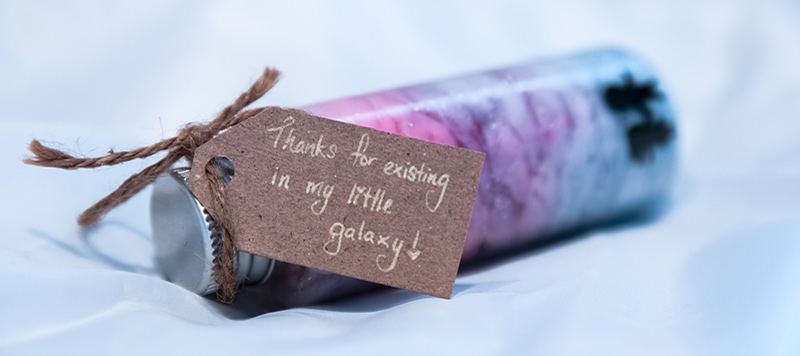Gratitude – Enhances Well Being
There are numerous studies that have found that practicing gratitude enhances overall life satisfaction and subjective well-being. Gratitude is correlated with a sense of satisfaction with life and work, a positive mood, happiness, optimism, and hope(McCullough, Emmons, and Tsang, 2002). In addition, gratitude appears to impact anxiety, depression and negative moods.
“It is impossible to feel grateful and depressed in the same moment.” ~Naomi Williams
Studies have shown that performing simple gratitude exercises, like keeping a gratitude diary or writing letters of thanks, can bring a range of benefits. Such as feelings of increased well-being and reduced depression, that often linger well after the exercises are finished.
Now a brain-scanning study in NeuroImage brings us a little closer to understanding why these exercises have these effects. The results suggest that even months after a simple, short gratitude writing task, people’s brains are still wired to feel extra thankful. The implication is that gratitude tasks work, because they have a self-perpetuating nature. The more you practice gratitude, the more attuned you are to it and the more you can enjoy its psychological benefits.
Having gratitude for myself and for others is my daily intention. It’s wonderful the difference I feel when someone thanks me or tells me they are grateful for something I did, even the little things that I just naturally do. Equally wonderful is how much more positive and supportive my relationships become when I remember to tell others how much I appreciate them. It creates a sense of bonding that lasts much longer than the word.
“As we express our gratitude, we must never forget that the highest appreciation is not to utter words but to live by them.” ~John F. Kennedy
Gratitude for self begins with the simplest of things. Our bodies are incredible machines that function every single day without us even having to give a single thought towards it. If you find yourself struggling to be grateful, start with that – the fact that we wake up each day and our hearts beat and we breathe without any conscious effort.
Gratitude for others begins with taking the time to stop and appreciate. When we are rushed or living outside of the present moment, we don’t allow ourselves the opportunity to take in what is happening right here and now. It takes time to change habits and remember to thank your children when they do something without being asked.
Take a moment today (and hopefully everyday) to be grateful for your health, your body, your mind, your community and your loved ones. Gratitude really can change everything. It brings focus to what you have rather than what you don’t. It allows what you have to be enough.
How to do Gratitude’s
Start every day by saying 21 things that you are grateful for in your life, for example: Thank
you for my healthy body; thank you for all the people I have in my life who love me; thank you for the sunshine today …
or
Keep a journal; and every day write down three:
Things that happened that you are grateful for
Qualities in you that made those things possible
Actions that you took to make those things possible.

